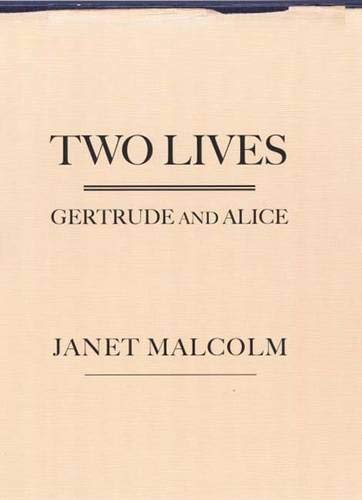Even after having spent my entire professional life editing — alongside some reporting and a few other desultory wordsmithing endeavors — I often feel like I’m still trying to get the hang of it.
For instance: On the streaming series “Julia,” a wonderful retelling (and embroidering) of the story of Julia Child’s emergence in the early 1960s, one of the main characters is her editor at Knopf, Judith Jones. She appears in many scenes looking over manuscripts from the likes of Jean-Paul Sartre and John Updike. Those scenes are meant mostly to show her tireless devotion to her work. But I see something else. Watching her, I wonder about the strength of character, the discrimination, the literary skill and the sensitivity to writers’ egos it would take to have the confidence and certainty to edit the work she was editing. It takes a certain kind of boldness to offer or even substitute your judgment and understanding for that of a creator. Every time I see her cross out a line or write a suggestion, I think about that boldness and the kind of tension that would arise when the author reviews her work.
That tension is at the heart of a documentary I went to see last year with my friend (and writer) Jon Brooks. The movie is “Turn Every Page,” and its the story of Robert Caro’s half-century-long working partnership with editor Robert Gottlieb. Gottlieb worked with Caro on “The Power Broker,” the landmark study of the career of New York’s singular highway and housing autocrat Robert Moses. And after that, Gottlieb handled Caro’s multivolume biography of Lyndon Baines Johnson. As Caro says, he is currently at work on the fifth volume of a projected three-volume work. Gottlieb died last June, and Caro labors on without him. Lots of Caro’s readers wonder whether the final volume of the Johnson series, which will deal with LBJ’s successes in the realm of civil rights and his tragically misguided commitment to the Vietnam War.
But back to the subject at hand, editing. Here’s how Gottlieb described it in “Turn Every Page”:
“Editing is intelligent and sympathetic reaction to the text and what the author is trying to accomplish. … Basically, it’s expressing your reaction, and that works if the writer really understands that you’re in sympathy with what he or she is doing.” I should add that later in the movie, he also says “Sometimes you have to be cruel to be kind.” (Elsewhere, Gottlieb once described book editing as “a strictly service job … Your job is to serve the book and the writer.”)
As I said at the beginning, after 50 years or so futzing around with words, I feel like I’m still learning. And that insight into being the intelligent, sympathetic listener in service to the writer and the book (or the story) hits home with me.



